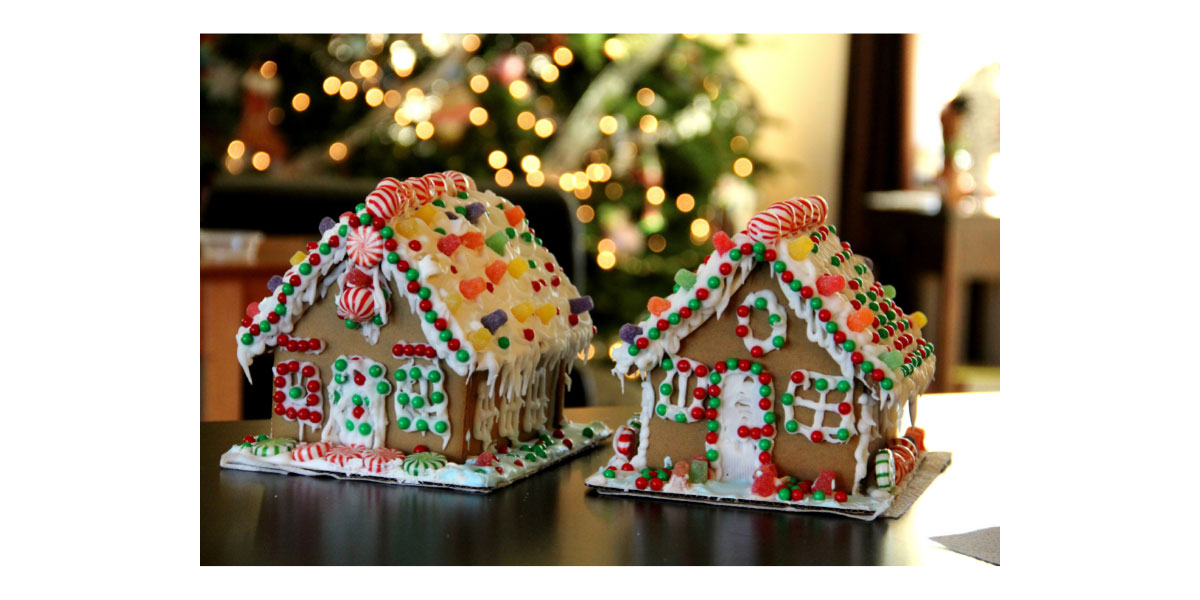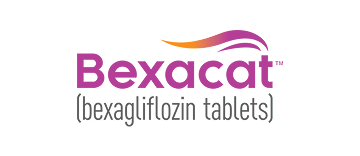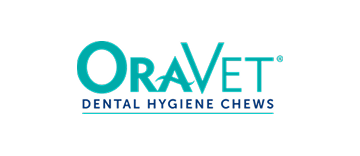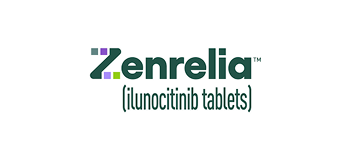
With the holidays underway, it’s time to break out those beloved family recipes. Or, you might be looking forward to picking up favorite store-bought holiday fare. Whether you’ll be making or buying gingerbread cookies, gingerbread houses, or even gingerbread cakes, you might be wondering if it’s safe to let your dog or cat have a taste.
What’s In Your Gingerbread?
Gingerbread cookies and pastries, whether homemade or store-bought, will vary when it comes to which ingredients are used, and how much of each ingredient is found in each serving.
In general, gingerbread cookies and other baked goods are not harmful to pets when eaten in moderate amounts.
Ginger is a spice made from ground ginger root used to flavor foods, and it’s also used medicinally to relieve nausea and vomiting. Ginger speeds up gastric emptying, the movement of food from the stomach into the small intestine. For dogs and cats, ginger is nontoxic. It’s a common ingredient in pet treats and digestive aids.
Cinnamon is a spice derived from the inner bark of the Cinnamomum tree. It’s a common ingredient in baked goods and also has anti-inflammatory properties. It’s nontoxic to dogs and cats in small amounts, but can irritate the gastric tract and cause diarrhea and vomiting in sensitive pets.
Nutmeg is a spice made from the fruit pit of the nutmeg tree. Nutmeg contains a chemical compound called myristicin, which is toxic to pets in large amounts. It can cause dizziness, disorientation, seizures, and hallucinations. Though nutmeg is toxic, it’s unlikely to harm pets that consume baked goods that contain the spice. Still, it’s unknown how much nutmeg a dog or cat would have to eat to experience harmful effects, so it’s best to steer clear.
Cloves and allspice contain eugenol, a chemical compound that is toxic to pets in large amounts. However, it’s commonly used in plant-based flea and tick products, and should not harm pets when consumed in baked goods that contain normal amounts of spices.
Artificial sweeteners, particularly xylitol, which is sometimes called birch sugar, wood sugar, or birch bark extract, are extremely toxic to pets. Fortunately, they’re not commonly used in baked goods, but can be found in “sugar free” or “diet” cookies.
Sugar and molasses are nontoxic to dogs and cats, though they can lead to dental decay, indigestion, diabetes, and weight gain when given in excess. Cats do not have the taste receptors to detect sweetness, but dogs tend to have a sweet tooth.
Butter and other fats are generally nontoxic to dogs and cats, but could cause acute pancreatitis, especially in dogs. Many cookies, cakes, and other baked goods contain a lot of unhealthy, inflammatory fats that offer no benefits to pets, but should not cause any harm in small amounts.
Pet Friendly Gingerbread Treats
Your dog or cat can generally have a small bite of your gingerbread cookie or other baked goods without suffering any ill effects. Even so, giving snacks and table food can encourage bad habits. Also, your pet’s sugar intake can add up when every member of your family gives them “just one bite.”
Instill healthy habits by offering your pet homemade or readymade gingerbread treats. Gingerbread treats for pets can help settle a sensitive or upset stomach, have anti-inflammatory properties, and best of all, allow your pet to enjoy the festive flavors of the season.












































